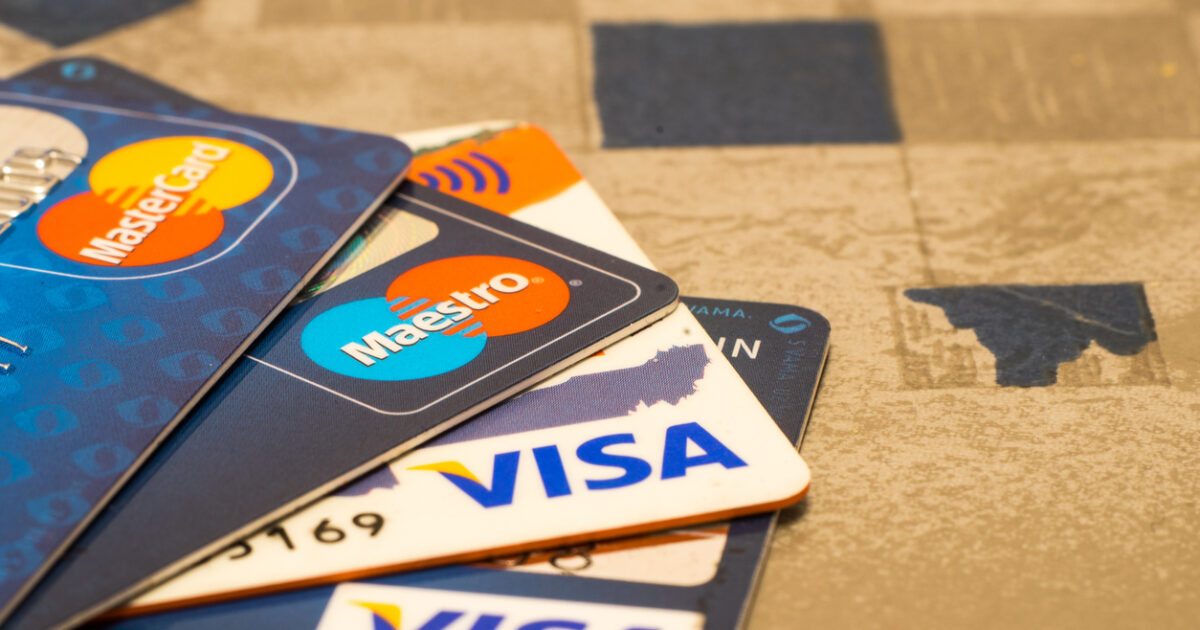For the dangers of the trade war that is being carried out by the USA warn central bankers and bank executives because of its dependence EU from the US for payment transactions.
ECB President Christine Lagarde said a few days ago that e -commerce payments are usually made through US financial companies Mastercard, Visa and Paypal, which means they are based on non -European infrastructure.
“We need to minimize this vulnerability and ensure that there is a European offer – for all cases,” the head of the European Central Bank said. “It is really important for all of us for digital payments to remain under our control.”
The ECB has already begun preparations for a digital currency, the digital euro. However, EU institutions must still decide on this and the new infrastructure will not be available for several years in the earliest. How do European banks intend to react, what role will Apple Pay play and how the situation for corporate payments is shaped.
Handelsblatt answers the following critical questions:
What field does Europe depend on US companies?
Visa and Mastercard are already playing a very important role in Europe in terms of banking cards used by consumers for payments. According to the ECB, only nine EU countries have national card payment systems operating by the banks themselves – including Germany, Belgium, France and Italy.
In 13 other countries analyzed, card payments are made entirely through international systems, such as Visa and Mastercard, and these cards are also issued by banks. According to ECB data, a good 60% of card payments in the eurozone in 2022 were made through international systems, which can be used for payments to the fund or internet.
Customers are generally based on Visa and Mastercard for overseas payments, anyway. The two US companies provide national card systems with additional functions that allow payments to the cashier in stores abroad. This makes it clear that European banks have been working closely with Mastercard and Visa for a long time – but also see them as competitors in some cases.
In addition, consumers are increasingly paying through a smartphone, often through Apple Pay. The American technology company also receives a share of the fees. In this case, a payment card, usually a Visa or Mastercard card, is stored in Apple Wallet.
What risks are there?
From the point of view of many special payments, the US trade war and the unstable behavior of US President Donald Trump are also likely to have an impact on US payment service providers.
“Today, it can no longer be ruled out that the United States will also intervene in providers such as Mastercard and Visa,” warns Gregor Roth, head of transaction management at the DZ Bank Cooperative Foundation.
Joachim Schmalzl, a member of the Board of Directors of the DSGV Savings Union, also believes that it is important for Europe to be able to act in payment transactions so that “defaults, invoices and bans in this area do not get us out of track”.
The fact that even interruption of work is technically strong has been proven to be in Russia. Shortly after the start of the Russian offensive war in early 2022, Visa and Mastercard interrupted their transactions in Russia in a few days.
However, the Central Bank there then stated that Visa and Mastercard cards issued by Russian banks would continue to operate inside for the time being and that payments will be carried out through a national system.
If the two US payment service providers cannot continue their activities in Europe as before, this will have a particularly significant impact on countries based entirely on Mastercard and Visa on card payments. Consumers and retailers will be greatly affected there. Even cash withdrawals usually work through payment cards.
For Visa and Mastercard, businesses in Europe are very important. Both companies, who charge banks a kind of supply for the use of their systems, have significantly increased their profits and produce a larger part of their revenue outside the United States – in the case of Visa, this was two -thirds of net revenue for the financial year 2023/2024.
When asked, Mastercard stressed that the company has seen itself as a “cornerstone of Europe’s digital economy” for more than 50 years. “We are committed to a competitive European payment market.”
What can Europe do?
The ECB works for the so -called digital euro, which is intended to provide access to central bank money in digital form. So far, this access is only available through cash. It is possible that digital euro itself will become a new payment method.
However, many details on digital euro are still unclear. In addition, EU institutions must still agree. Oliver Wyman expert Maus expects that even in the event of a rapid decision of the EU, the digital euro “will not be available for at least three to four years”.
Meanwhile, banks from Germany, Belgium, France and the Netherlands, who have joined forces to form the European Payment Initiative (EPI), want to create a new payment system called “Wero”. Mobile payments are already strong through Wero. According to EPI Managing Director Martina Weimert, Wero will be launched as an online payment method in the second half of 2025.
However, Wero is late – similar initiatives have failed – and only banks have been joined by a few EU countries so far. However, there is now an “increased interest” from banks in other European countries, Weimert says. According to DZ Roth director, retailers are also increasing interest.
Wero would get a boost from being forced to accept. “Theoretically, one could require retailers to accept at least one way of payment from Europe to the fund and the internet,” Weimert says.
For banks, having their own system has advantages because supplies remain entirely in them. Weimert points out the growing profits of Visa and Mastercard: “Some of them are produced in Europe, but eventually come out of Europe.”
